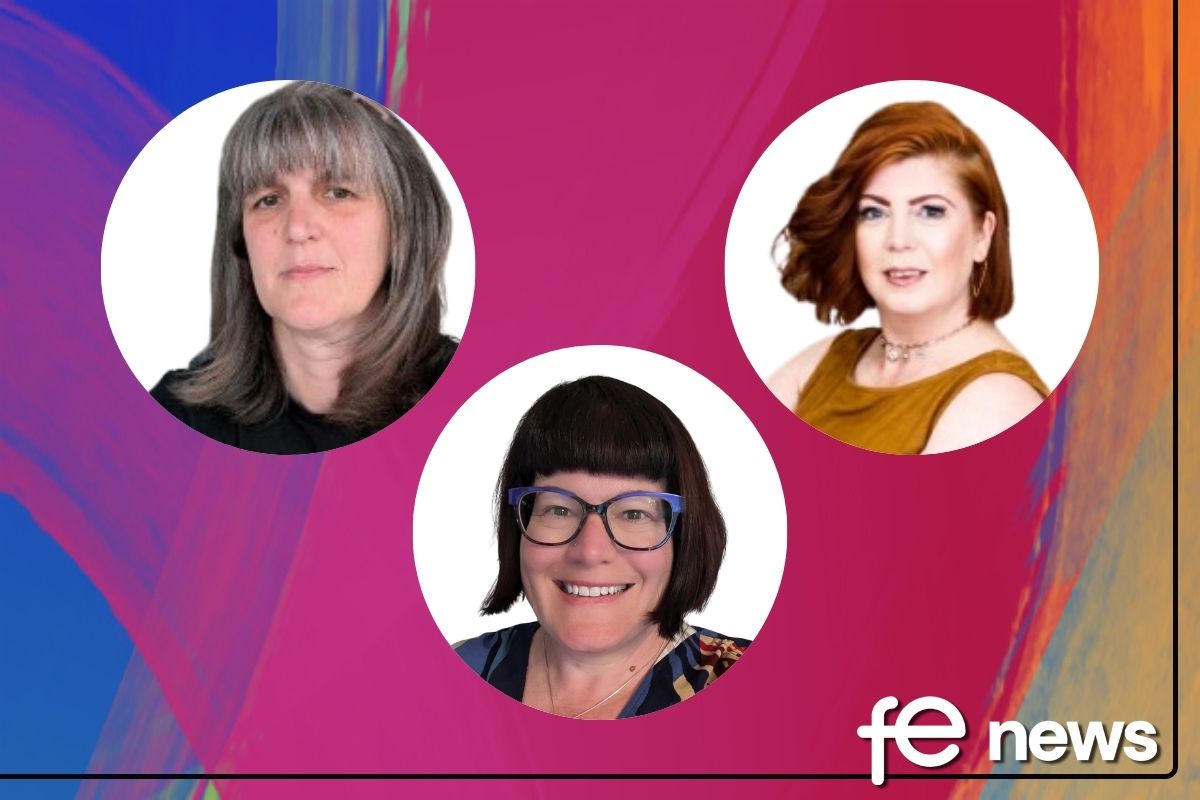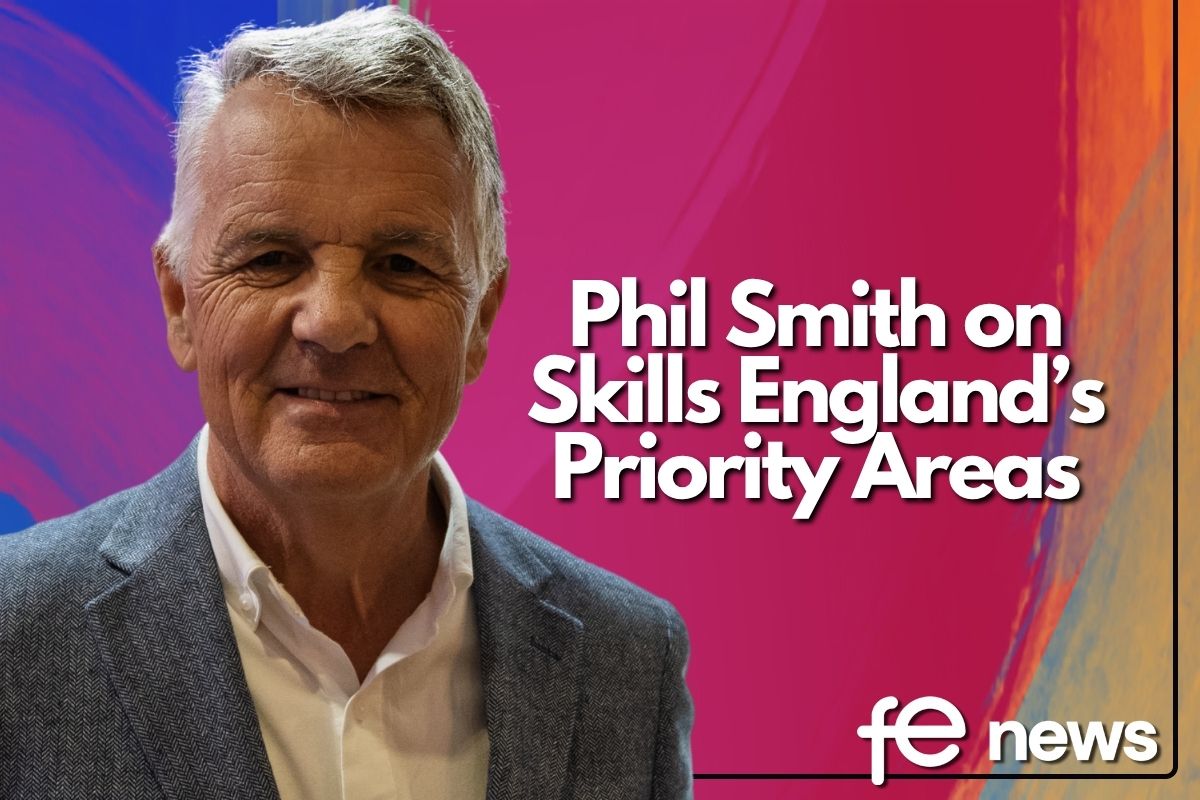Why mistakes matter – How errors show the learning gaps in #phonics for functional skills

We all know that when we are learning a new skill, we may make mistakes.
It is part of the learning process and contrary to what a lot of students may aspire to there is evidence that mistakes can improve learning: “Experimental investigations indicate that ‘errorful’ learning followed by corrective feedback is beneficial to learning.”
While students may not enjoy making mistakes and educators may have been drilled to notice the positive, the things they get right, mistakes are a very important window into the student’s world and can reveal for the tutor the specific knowledge and skills gaps that may exist for a particular student.
Effective Reading and spelling
To be effective in reading and spelling students need certain skills and knowledge
They need to ‘know’ the following concepts
- Words work from left to write (and text in English runs top to bottom)
- Letters are symbols or representations of sounds in speech
- Sounds can be spelled with 1, 2, 3 or 4 letters h o t, b oa t, n igh t, d ough
- Many sounds can be represented (spelled) in different ways so the /oe/ can be spelled in the ways below
s o
b oa t
n o t e (split spelling)
th r ow
th ough
o b oe
m ou l d
- Many spellings can represent more than one sound. The spelling <ow> can represent /oe/ in tow and /ow/ in clown or <ch> which represents /ch/ in church and /c/ in chemist.
- They also need to know the code – that is the way we spell the 44 common sounds in our language.
They also need certain skills. They need to be able to
- split a longer word into syllables or chunks (to decode or encode each chunk)
- blend individual sounds into words in order to read
- segment a word into component sounds in order to spell
- manipulate sounds and spellings in word (to check spellings)
Creating the right environment for learning
But of course, in any aspect of learning students need practice. For phonics we need to be aware that functional skills students be they Post 16 or adult learners, have probably had numerous people try to teach them to read and spell and may be convinced the problem lies with them, they may be reluctant to make mistakes or experience ‘failure’, which can come across as refusal to try.
One way of tackling this is simply to explain that probably they weren’t taught correctly in school, a position which is hard to dispute. If taught using evidence based synthetic phonics programmes many more school children would leave school as effective readers and spellers.
In functional skills sessions students need to have practice ‘thinking in sounds rather than letter names’
They need reassurance that in doing this they will become more effective readers and spellers – because the gaps in their learning caused by reading instruction that was probably not evidence based systematic or explicit is what is holding them back.
For some students at entry level they need to work through a specific programme identifying all the basic code sounds and spelling and reading writing and spelling words with those sounds spelling correspondences before moving on to manage the more complicated sounds of the one to many code, again being taught these in a systematic way with ample opportunity to practice skills.
Skills mistakes
Many functional skills students may be able to blend and segment the sounds in short words for example 3 sound words with a consonant vowel consonant structure, dog, cat, hat, pin and many more BUT they may make errors when tackling adjacent consonants particularly in 4, 5 or 6 sound words, for example, split, crisp, swift, swims, plants.
If students regularly miss out, add or exchange a sound in reading or spelling longer single syllable words with adjacent consonants then they probably need practice in blending and segmenting words of 4, 5 or 6 sounds with adjacent consonants.
For example, reading or spelling plants as plans, slips as sips, split as slit where they miss out a sound. OR reading or spelling plans as plants, sips as slips slit as split where they add a sound.
Using coded stories or worksheets where they can practice reading and spelling words like this will be of value – you can find some written specially for mature learners here https://www.forwardwithphonics.com/
Another activity that may help is to get the student to write single spellings on small squares of paper then get them to build a word and then change it to another word by adding/taking away one sound/spelling.
For example getting them to write the letters ‘p’ ‘l’ ‘a’ ‘n’ ‘t’ ‘s’ ‘f’ ‘m’ on individual squares then asking them to build the word pan using the squares, saying each sound as they pull the square into position then blending the sounds to read the word.
Then ask them to change the word pan to plan again saying each sound and blending to check they have the right word. Then change plan to plans then plans to plants, plants to pants, pants to pant, pant to pan, pan to fan, fan to flan. A simple exercise to practice important skills.
Code mistakes
Often the mistakes students make will tell you what they don’t know about the code.
A student who spells ‘mechanic’ as ‘meckanik’ may not know that sound /c/ can be spelled in different ways <c> <k> <ck> and <ch> . as tutors we can decide whether to simply correct the spelling or use it as an opportunity to address the lack in learning by explicitly teaching the spellings for /c/ and giving some tips about how to identify the correct one. What functional skills learners have on their side is that if they have been exposed to print their recognition memory may suggest to them when something ‘looks right’ a strategy we all use when spelling words that we find tricky.
A student who spell plumber as plummer – clearly knows that /m/ can be spelled <mm> and will probably know the <m> spelling too. What they may not know is that is can also be spelled <mb> as in comb, and obviously plumber and probably not <mn> as in hymn. But the student does know the /er/ sound/spelling ending.
Mistakes are a window into the student’s world and therefore we, as tutors, need to ensure we use this to deliver the precise information they need to move them toward success.
Sheila Mulvenney, Director, Attuned Education Ltd











Responses